
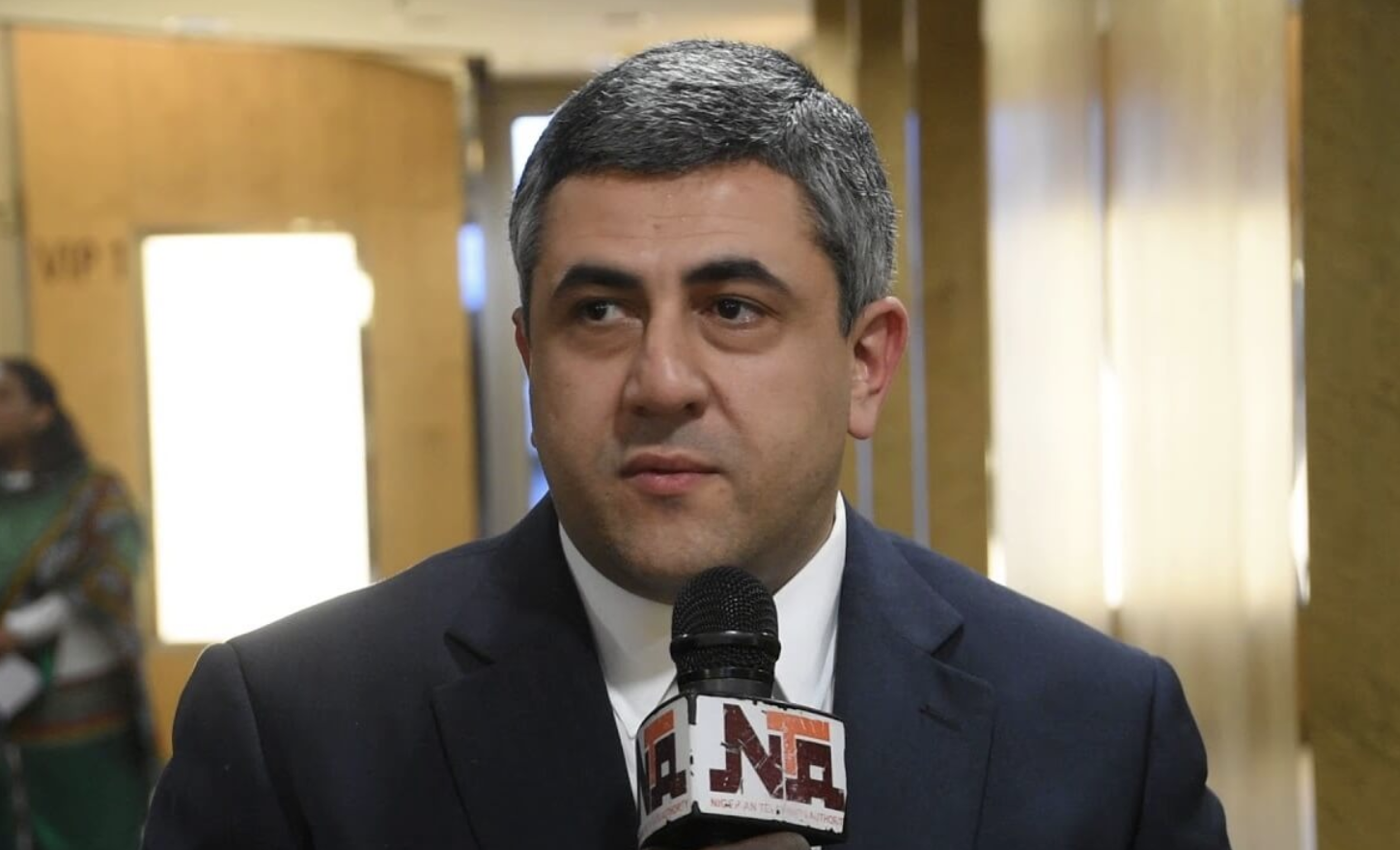
UNWTO: Exports from international tourism hit $1.7 trillion
Exports generated by international tourism reached USD 1.7 trillion in 2018, a 4% increase in real terms over the previous year, a new report from the World Tourism Organization (UNWTO) shows. For the seventh year in a row, tourism exports grew faster than merchandise exports (+3%), reflecting solid demand for international travel in a generally robust economic environment.
Strong growth in outbound travel from many source markets around the world fuelled revenues from international tourism to reach a total USD 1.7 trillion. This accounts for 29% of global service exports and 7% of overall exports of goods and services. These figures consolidate international tourism among the top five economic sectors in the world, behind chemical manufacturing and the fuel industry but ahead of the food and automotive industries.
“Rather than growing in volume we need to grow in value. We are pleased to see that both emerging and advanced economies around the world are benefiting from rising tourism income,” said UNWTO Secretary-General, Zurab Pololikashvili. “Revenues from international tourism translate into jobs, entrepreneurship and a better situation for people and local economies, while reducing trade deficits in many countries” he added.
Total exports from international tourism include USD 1,448 billion in international tourism receipts (visitor spending in destinations) and USD 256 billion in international passenger transport services. Tourism constitutes a key source of foreign exchange and a major tool for export diversification for many destinations.
International tourism receipts increased 4% in real terms (adjusting for exchange rate fluctuations and inflation) to reach USD 1,448 billion in 2018, about USD 100 billion more than the previous year. This is consistent with the 6% increase in international tourist arrivals in 2018.
By regions, Asia and the Pacific led the way with 7% growth in international tourism receipts, followed by Europe with a 5% increase. The Middle East saw 3% growth, while Africa (+1%) and the Americas (0%) recorded more modest results. Central and Eastern Europe and North-East Asia (both +9%) were the subregions with the strongest growth.
France and Russia lead growth among top spenders
Growth in receipts was fuelled by strong demand for international travel in the context of a robust global economy.
Among the world’s top ten source markets, France and the Russian Federation both recorded 11% growth in outbound spending in 2018, while Australia saw a 10% increase.
China, the world’s top spender reported USD 277 billion in international tourism expenditure in 2018, a 5% increase in real terms from a year earlier, while the United States, the second largest, spent 7% more, to reach USD 144 billion.
International expenditure from the United Kingdom grew 3% in 2018, and 4% from Italy, while Germany and the Republic of Korea both reported rather flat results. Further down the ranking, Spain enjoyed 12% higher spending on international tourism in 2018.

UNWTO: Sustainability a key part of tourism policies, but more still to be done
Countries around the world are integrating sustainability in their tourism policies but the evidence on the results of their implementation remains limited, research carried out for the first “Baseline Report on the Integration of Sustainable Consumption and Production Patterns into Tourism Policies” has found.
The Baseline Report, prepared by the World Tourism Organization (UNWTO) in collaboration with United Nations Environment (UN Environment) and with support from the Government of France, is the first global assessment of sustainable consumption and production (SCP) factors within national tourism policies. A total of 101 UNWTO Member States participated in this groundbreaking exercise.
All the tourism policies analyzed refer to sustainability as part of their objectives or vision and 55% address sustainability as a cross cutting element. At the same time, 67% of tourism policies include references to resource efficiency and 64% connect sustainability with the competitiveness of the sector. Tourism policy makers are aware of the importance of SCP but the references to policy instruments aiming at SCP implementation are limited and so is the evidence available for other aspects beyond the economic performance of the sector.
Celebrating the release of the Baseline Report, UNWTO Secretary-General Zurab Pololikashvili says: “Sustainability and competitiveness go hand in hand. Destinations and businesses can flourish while making a meaningful contribution to sustainability in several ways, including through the efficient use of resources, promoting biodiversity conservation and taking action to fight climate change”.
Advancing SCP practices in the tourism sector is essential if the sector is to contribute effectively to sustainable development and the 2030 Agenda. With this in mind, UNWTO has also launched the Sustainable Tourism Policy Talks alongside the Baseline Report. The series of talks feature interviews with Ministers of Tourism on the implementation of national tourism policies.
One Planet Sustainable Tourism Program
The Sustainable Tourism Program aims at scaling up SCP practices that boost the efficient use of natural resources in tourism while producing less waste and addressing the challenges of climate change and biodiversity.
UNWTO is the lead of the One Planet Sustainable Tourism Program with the Government of France as Co-Lead and in collaboration with UN Environment.
The program acts as an implementation mechanism for SDG12 and the Baseline Report and Sustainable Tourism Policy Talks directly contribute to the implementation of One Planet objectives.
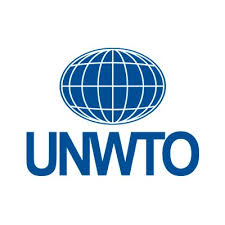
UNWTO: Local residents remain largely positive to urban tourism
A global survey conducted by the World Tourism Organization (UNWTO) and IPSOS shows a positive picture of local residents’ perceptions towards urban tourism. Looking at 15 countries worldwide, the research also identified what residents consider to be the best ways of managing rising numbers of tourists, highlighting differing attitudes to urban tourism among different socio-demographic groups.
The survey aims at a better understanding of residents’ attitudes towards urban tourism. The research is also meant at identifying most valued management strategies to address the emerging challenges that come with increased tourism demand.
“In order to make sure that urban tourism continues to benefit local residents, it is fundamental to implement sustainable policies and practices. This includes the regular monitoring of residents’ attitudes towards tourism and factoring them in the tourism agenda,” said UNWTO Secretary-General Zurab Pololikashvili.
Perceptions…countries and age
Tourism’s impacts are valued most positively in Australia, Argentina, Sweden, the Republic of Korea and Spain. Young respondents (under 34) exhibit a stronger awareness of both the positive and negative impacts of city tourism, in contrast to older respondents (over 50) who perceive the negative impacts less. Younger respondents are also more likely to be in favour of more restrictive measures to manage increased tourism demand. Among older respondents, only 5% think that tourism promotion should be stopped, and only 8% favor limiting the number of visitors in their cities as compared to 12% and 16% of younger respondents.
..travel frequency…
Respondents who frequently travel to international destinations (twice or more in the last year) are less likely to feel that they live in cities with a high number of tourists when compared to respondents who do not travel so regularly. Similarly the perception of a positive impact of tourism is significantly higher among respondents who travelled in the past year.
…infrastructure and experiences – most favoured measures across countries
With regards to potential measures to address growing tourism flows in cities, residents across the 15 countries consider ‘improving infrastructures and facilities’ as the most effective. In Hungary, 89% of respondents stressed this measure as the most adequate, followed by Italy (80%) and Argentina (79%).
In a similar way, ´creating experiences and attractions that benefit residents as well as visitors´ is the second most preferred management strategy, and extremely popular in all countries (82% in Canada and Hungary; 75% and 74% in Argentina and Republic of Korea, respectively).

President Clinton and Minster Bartlett discuss Global Tourism Resilience and Crisis Management Centre
Jamaica Minister for Tourism, the Hon. Edmund Bartlett, met today with former United States President Bill Clinton at the ongoing 4th meeting of the Clinton Global Initiative (CGI) Action Network on Post-Disaster Recovery at the University of the Virgin Islands, St. Thomas, USVI.
The President showed great interest in supporting the Global Tourism Resilience and Crisis Management Centre.The first-ever Global Tourism Resilience and Crisis Management Centre is hosted in Jamaica and was unveiled earlier this year at Montego Bay by the Hon. Minister Bartlett during the 2019 Caribbean Travel Marketplace. Just last week, four more centers were announced in Japan, Malta, Nepal, and Hong Kong.
Minister Bartlett will deliver a keynote address at the GCI event on Tuesday and is expected to point out that the Caribbean is the most disaster-prone region of the world. Most islands are situated within the Atlantic hurricane belt where storm cells are produced, and the region sits along three active seismic fault lines, but it is also the most tourism-dependent region in the world.
President Bill Clinton and former U.S. Secretary of State Hillary Rodham Clinton are currently at the fourth meeting of the Clinton Global Initiative (CGI) Action Network on Post-Disaster Recovery on St. Thomas, U.S. Virgin Islands. The meeting, in partnership with Bloomberg LP and Love City Strong, will continue the discussion around hurricane recovery in the greater Caribbean region, and address topics such as infrastructure, agriculture, workforce development, clean and renewable energy, health, and Caribbean arts and culture.
The approach of the Action Network brings together a diverse group of stakeholders to focus efforts on putting people first, including prioritizing a resilient future by helping communities to plan and prepare for future storms and the mounting effects of climate change.
The Global Tourism Resilience and Crisis Management Centre, founded by Minister Bartlett, seem to be a perfect compliment to the activities spearheaded by the former U.S. President.
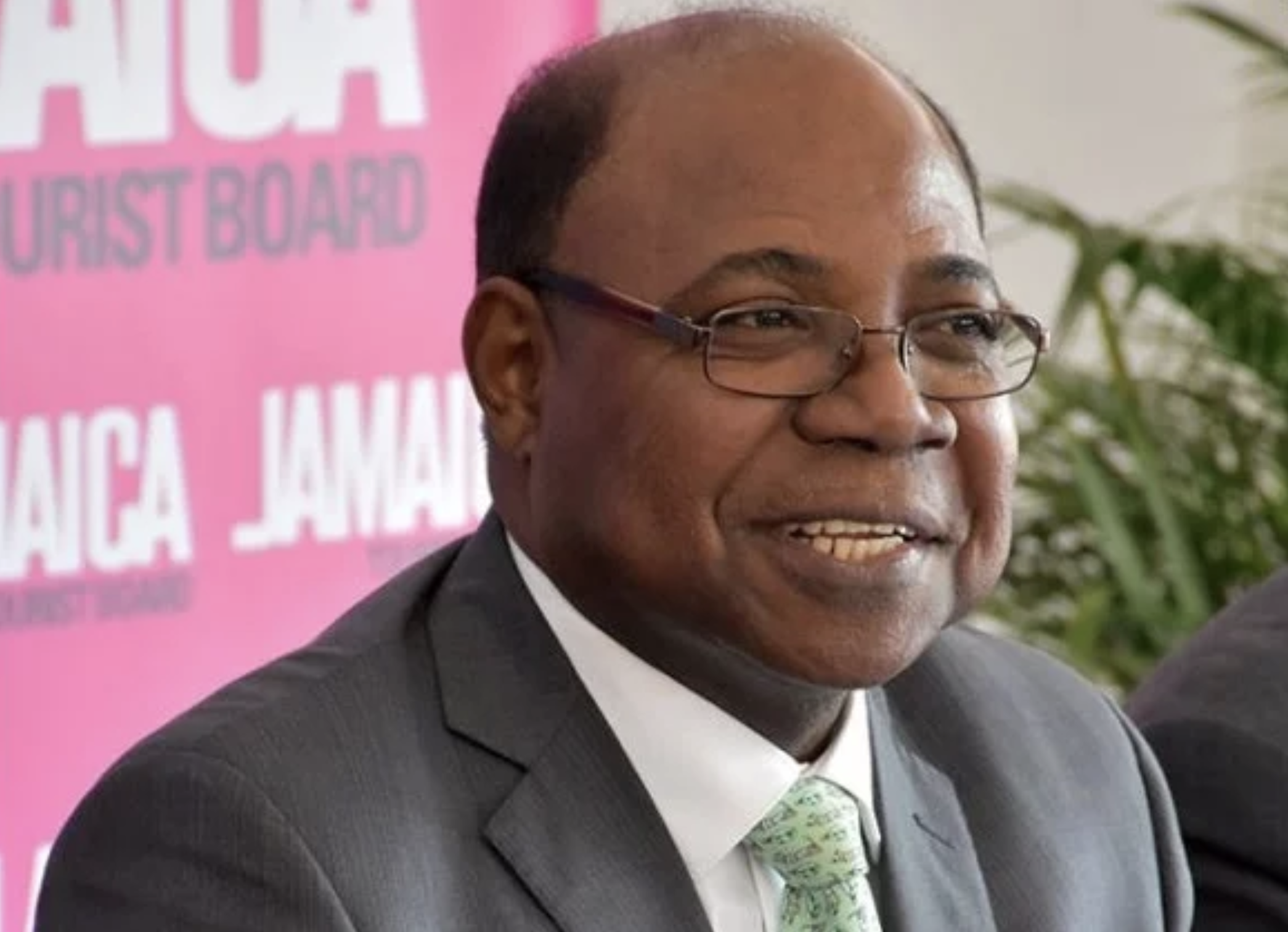
Bartlett Announces the Establishment of Four New Global Tourism Resilience and Crisis Management Centres
Tourism Minister, Hon. Edmund Bartlett says four Global Tourism Resilience and Crisis Management Centres (GTRCM) will be opened in Japan, Malta, Nepal and Hong Kong, in an effort to build the resilience of the Asian tourism product.
“Today, the Global Tourism Resilience and Crisis Management Centre took on a new global perspective, when Nepal became the first of four regional Centres to be established over the next eight weeks. The Director of the Nepal Tourist Board, Deepak Raj Joshi and I, have completed an arrangement for the establishment of the first Centre in Asia,” said Minister Bartlett.
The Minister made this announcement on Friday, while participating in a panel discussion at the inaugural Asian Resilience Summit held in Kathmandu, Nepal on May 30 – 31, 2019.
He went on to share that, “the GTRCM in Kathmandu will become the Centre for the areas covering China and India. The next Centre will be established in Hong Kong and the work is currently going on with the team.”
The GTRCM in Japan will be housed at the Japan International University, which is a private university located in Minamiuonuma city in Niigata Prefecture, Japan.
The first Centre, located at the University of the West Indies, Mona, was launched at the beginning of the year at the Montego Bay Convention Centre, with a number of local and international government leaders and partners, including Prime Minister, the Most Hon. Andrew Holness.
It was first announced during the United Nations World Tourism Organization (UNWTO) Global Conference on Sustainable Tourism in St. James in November 2017, and is tasked with creating, producing and generating toolkits, guidelines and policies to handle the recovery process following a disaster.
“These four new Centres will position the Global Resilience Centre as a true international construct. The University of the West Indies which hosts the primary Centre, will become the coordinating university for these outstanding other universities which are located across the globe slated to host these new Centres,” said Minister Bartlett.
During his visit, the Minister will meet with the Former UNWTO Secretary General, Dr. Taleb Rifai, regarding the recovery strategies for Nepal’s post-earthquake programme, at the request of Prime Minister Andrew Holness.
Minister Bartlett will later travel to the US Virgin Islands to participate at the Meeting of the Clinton Global Initiative (CGI) Action Network on Post-Disaster Recovery during the period June 3-4, 2019. This Action Network brings together leaders from across sectors to develop new, specific, and measurable plans that advance recovery and promote long-term resiliency across the region.
The meeting will outline innovative programmes in the tourism sector and sustainable practices that are inclusive of Small and Medium Enterprises and conducive of economic growth.
“Jamaica continues in its thought leadership in tourism. We also continue to position our country and the Caribbean, as the new reference point for resilience building, particularly for countries that are highly tourism dependent,” said Minister Bartlett.
The Minister is accompanied by Professor Lloyd Waller, Senior Advisor/Consultant and Miss Anna-Kay Newell his Executive Assistant, in Nepal. Professor Waller and Miss Newell will return to Jamaica on June 2, 2019.
The Minister, however, will return to Jamaica on June 6, 2019, as he will be attending the meeting of the CGI Action Network on Post-Disaster Recovery in the US Virgin Islands alone.
The Minister received his invitation to visit Nepal from Deepak Raj Joshi, Chief Executive Officer of the Nepal Tourism Board. The Government of Nepal also funded the Minister’s participation in the Asian Resilience Summit.
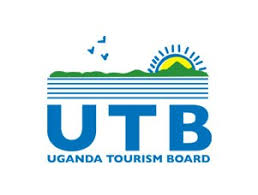
Friendliest Travel Country on Earth Joins African Tourism Board
Uganda is the latest country joining the African Tourism Board as a member. For Ugandans welcoming all nationalities is an intrinsic part of the culture, and residents are quick to offer smiles to newcomers. In 2017 BBC reported Uganda has been described as the friendliest country globally following a survey conducted among expatriates. Together with breathtaking landscapes, wildlife, to high-end restaurants and bars, hotels, and lodges to year-round summer, this country is a perfect travel and tourism destination.
“It is an honour and delight for Tourism Uganda to join the Africa Tourism Board. We are optimistic that the board will steer responsible development of travel and tourism to the African region, play a vital role in harnessing opportunities for the continent and position it as a premier destination for visitors around the world,” said Lilly Ajarova, UTB Chief Executive Officer
“As I say welcome Uganda, I must take this opportunity to salute their tenacity and sincerity for tourism. We undertake as the Africa Tourism Board to be by their side at this critical point in the re-development of Uganda Airline which coincides with the Tourism Board’s drive in bringing to the world the key USBs of Uganda. We are honored to have Uganda as a Member” Alain St.Ange, President Africa Tourism Board added.
Uganda is a landlocked country in East Africa whose diverse landscape encompasses the snow-capped Rwenzori Mountains and immense Lake Victoria. Its abundant wildlife includes chimpanzees as well as rare birds. Remote Bwindi Impenetrable National Park is a renowned mountain gorilla sanctuary. Murchison Falls National Park in the northwest is known for its 43m-tall waterfall and wildlife such as hippos.
There is a wide range of ethnic groups in Uganda with many different languages spoken, namely Luganda English, Bantu, Swahili, Nilotic, and Lumasaba. Christians make up 85.2% of Uganda’s population, there are a certain amount of Sikhs and Hindus, and 12% are Muslims.
More on Uganda, visit the Uganda Tourism Board at www.visituganda.com/
Founded in 2018, the African Tourism Board an association that is internationally acclaimed for acting as a catalyst for the responsible development of travel and tourism to the African region. More information on ATB and a link to join go to www.africantourismboard.com

South African Ground Transportation Kwela Fleet takes active role in African Tourism Board
One of South Africa largest and most established ground transportation operators, Kwela Fleet Management based in Pretoria, South Africa joined the African Tourism Board.
Kwela Fleet was established in Pretoria in 1996. Cuthbert Ncube, CEO of the company explained: “We are a 100% black-owned company with a highly experienced and committed management team. A vast number of our clientele include government departments, embassies, travel management companies and of course private requests as well. A chauffeur, transfer, tour, car rental, and fleet management service that’s large enough to span South Africa, yet involved enough to make your comfort, safety, and convenience a primary concern. ”
The company states on their website www.kwelafleet.co.za: We can be found in the country’s 4 major urban centres; East London, Cape Town, Durban and of course, Gauteng. And everywhere you find us you will encounter our personal touch in the way our reservation staff attends to you, in the immaculate condition of our vehicles and ultimately in the dedicated drive, our chauffeurs render.
Kwela provides a variety of services.
- Chauffeur driven cars
- Transfers
- Corporate road show services
- Customized services
- Tours
- Fleet Management
- Car Rental
Included in all our services are personal insurance cover of up to R10 million per accident as well as vehicle insurance waivers and public liability insurance.




Comfort is standard. And so is safety. It’s no wonder then that our fleet is made up of vehicles that are the leaders in their respective segments. Our Luxury Fleet includes Mercedes Benz, Audi’s, BMW and many more.
Cuthbert Ncube accepted the role of Vice President of the African Tourism Board. Chairman Juergen Steinmetz said: We are so privileged to officially welcome Kwela Fleet among out corporate members. CEO Cuthbert, who is also our Vice President already demonstrated a taste of his leadership and he is now instrumental in showing his unique vision to make Africa one tourism destination. ”
Founded in 2018, the African Tourism Board is an association that is internationally acclaimed for acting as a catalyst for the responsible development of travel and tourism to the African region.
More information on www.africantourismboard.com
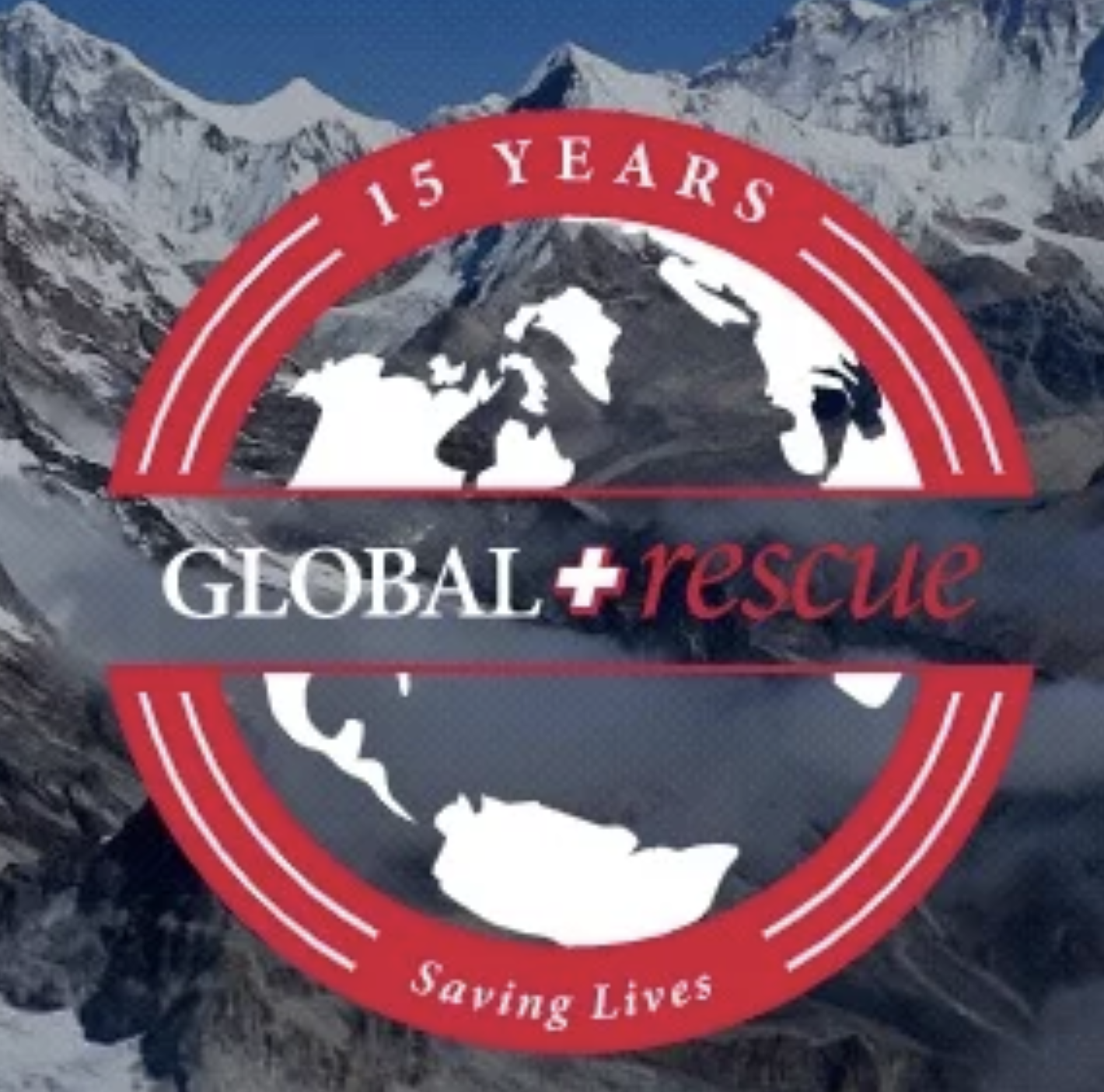
Global Rescue joins African Tourism Board with a simple mission
Global Rescue joined the African Tourism Board showing emphasis on their medical, security, evacuation, travel risk and crisis management services to the African continent. Global Rescue is the world’s leader for such services since its founding in 2004. Their services are delivered anywhere by their teams of critical care paramedics, physicians, nurses, and military special operations veterans.

“Global Rescue is proud to join the African Tourism Board and bring the Safe Travel Partner Program to ATB members. The STPP improves the safety and resilience of destinations by applying safe travel best practices, assets and resources. This can be used a differentiator in the marketplace by destinations that take the safety of their travelers seriously and are willing to make the investment to provide for that safety” said Global Rescue CEO and founder Dan Richards.
Celia Chase, VP Marketing added: “Our medical advisory and evacuation services include exclusive relationships with the Johns Hopkins Department of Emergency Medicine Division of Special Operations, Elite Medical Group and Partners HealthCare. Our track record has made us the chosen provider to government agencies and some of the world’s largest companies, universities, nonprofits, and tour operators. With our Destination Safe Travel Program, Global Rescue will assess, plan and operationalize a plan to improve the perception of a destination by making it a safe travel location in the minds of consumers and partners.
“Our mission is simple – to be there when it matters most.”
African Tourism Marketing Corporation chairman Juergen Steinmetz said: “We’re excited to work with Global Rescue and thank them for their investment to put the African Continent on their map. It will help to make Africa’s tourism product safer and more attractive for the American Visitor and beyond.”
Founded in 2018, the African Tourism Board an association that is internationally acclaimed for acting as a catalyst for the responsible development of travel and tourism to the African region.
More on Global Rescue: www.globalrescue.com/ More on African Tourism Board www.africantourismboard.com
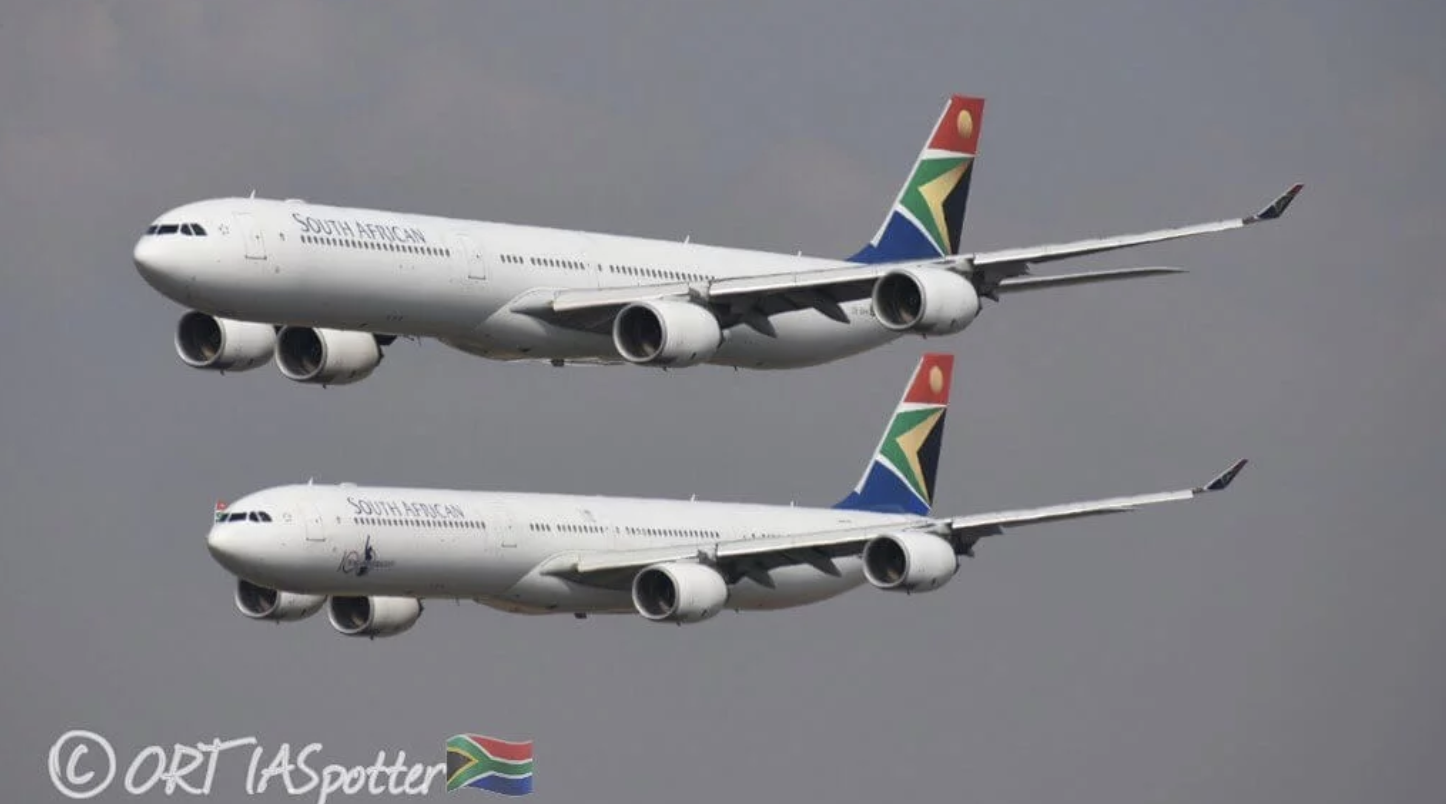
African Tourism Board VP echoes South African President: It’s time for Africa to unite!
Africa Day united 40 heads of State on Saturday in Pretoria when attending the inauguration of the South African President, Mr. Cyral Ramaposa “It’s time for Africa to unite”, the president said.
The Deputy Minister of Tourism for South Africa Ms. Elizabeth Thabithe said during a side event for tourism leaders: “The time is now to break all barriers that have separated us for so long and create a new dawn for Africa and all who abide in Africa.” She added: “Tourism is a reinforcer to achieve this gigantic objective.”
The African Tourism Board Vice- President Cuthbert Ncube, who shared a podium, pleaded with African Leaders to work together in creating an efficient, capable ethical continent free from corruption, a continent that values excellence with a determination in eradicating poverty in Africa.
“We need to embrace Tourism as a driving tool to promote our God-given 80% untapped wealth of resources combined together across our Mother Continent.”, the African Tourism Board VP said.

The Vice-minister applauded ATB in its endeavor in bringing Africa together as one and has promised her undivided support for the African Tourism Board. “Together we can achieve more.”
South Africa swearing in their new President and with the festivities came one of the most incredible flyovers The event was held at Loftus Versfeld Stadium in the heart of Pretoria. The flyover consisted of a pair of South African Airways Airbus A340-600s flanked by the South African Air Force’s Silver Falcons display team in their Pilatus PC-7 Mk.IIs. A parachutist crashed into a pole but was not critically injured.
The President committed to putting South Africa at the disposal of Africa and that the renewal of Africa must and should be implemented and he will be part of the team thereof.
He reaffirmed his determination to work with African Leaders across the continent as to realize the African Union Vision known as “Agenda 2063”. It’s about all Africans working towards forging a free trade area that stretches from Cape Town to Cairo. This will bring growth and opportunity to all African countries.

Trend setter for tourism to enter the European Parliament: The best Tourism Minister of the World Elena Kountoura
The European Parliament is about to say yes to travel and tourism, and after today’s election, new trends may be set in European Tourism Policies. The bars for tourism are most likely to be raised with Elena Kountoura expected entry in European politics.
On May 8 eTurboNews reported about the well-liked Greek Tourism Minister Elena Kountoura had submitted her letter of resignation to Prime Minister Alexis Tsipra. She resigned to win a seat in the European Parliament, and it looks like she won.
Elena Kountoura, born in 1962 , and a former international model ran for the European Parliament, for the Independent Greeks party.
Today Europe voted for a new parliament and according to preliminary results the Independent Greek party lost its majority as the ruling party of Greece and will be number two when entering the EU Parliament. According to sources, the Independent Greek is still expected to have 5 delegates in Brussels and Elena Kountoura is number two on the list.
What does this mean for tourism in Europe? Elena Kountoura was seen as one of the most active, outspoken and accessible tourism ministers in the world. Transparency, her down to earth appearance also to the global media, and her vision made her one of the most liked and respected ministers.
She closely worked with Jamaica Tourism Minister Ed Bartlett, who was just elected chair of the UNWTO Regional Commission of the Americas, and former UNWTO Secretary-General Taleb Rifai as well as the former president of Malta Marie-Louise Coleiro Preca on the launch of the global tourism resilience center.
Elena Kountoura has also been supportive of a global initiative for Tourism and Poverty Alleviation known as ST-EP. ST- EP was put in place under former UNWTO Secretary-General Francesco Frangialli in 2002 in South Africa. The seven ST-EP mechanisms include the employment of the poor in tourism enterprises. The initiative is under the leadership of South Korean ambassador Dho Young-shim, and was praised by Ban Ki-moon, former Secretary-General of the United Nations.
“I will continue to work with the same passion as I did to make Greece a world champion in tourism… in order to make Greece a champion in Europe,” the former tourism minister said. She told Neo Magazine in 2015 while ago: “Greece has never been sexier: The record boom in Greek tourism with more to come.” She was correct: Greece attracted over as much as 33 million visitors in 2018, 30.1 million visitors in 2017 and 26.5 million in 2015 ]making Greece one of the most visited countries in Europe and the world, and contributing around 25% to the nation’s Gross Domestic Product.
